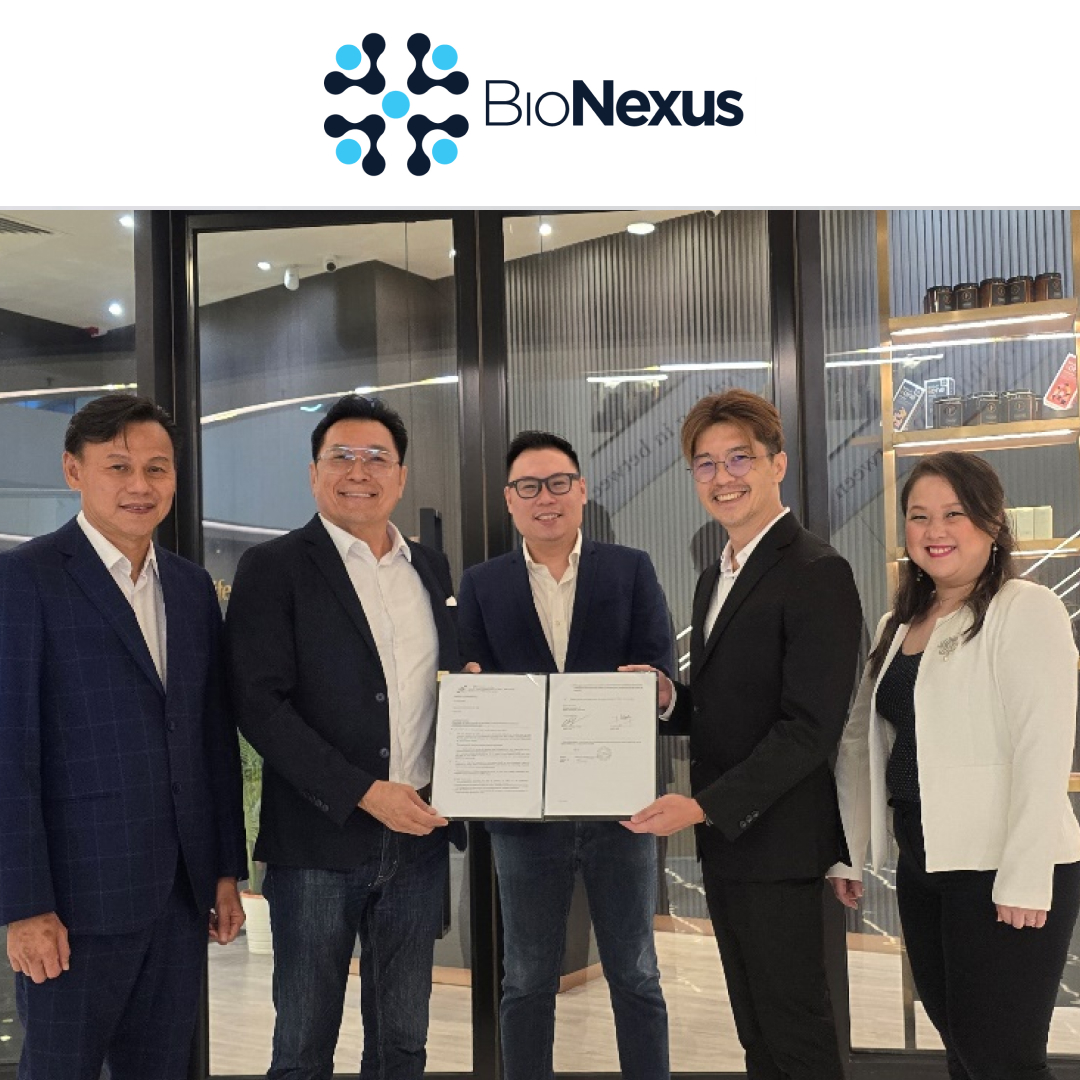
Lisa Nunez Safarian leads commercial, manufacturing, and product development at Pivot Bio. Dedicating her career to advancing agriculture and helping farmers achieve better outcomes, Lisa oversees the day-to-day operations to ensure we are meeting the nitrogen needs of our customers. Before joining Pivot Bio, Lisa held several leadership positions at Bayer and Monsanto. Most recently, she served as President, of Crop Science North America for Bayer where she launched innovative technologies and go-to-market strategiesthat grew the business. Before this role, Lisa served as Vice President, of North America for Monsanto where she was responsible for strategy, execution, and commercial transformation of the $12B U.S., Canada, and Latin America North seeds, traits, licensing, and crop protection businesses.
As a champion for diversity and inclusion, Lisa was named Woman of the Year by the National Association of Professional Women and is involved in the G100 Women’s Leadership Network, which helps top female executives continue to hone the skills required to succeed in the C-Suite. Lisa holds bachelor’s and master’s degrees in business administration from Southern Illinois University, Edwardsville
Can you talk about your career path – how did you start your career and is this what you always wanted to do? What has been your favorite part of your journey?
My first job in the ag industry was working in IT for Monsanto, but I quickly realized my interest was on the business side, working with farmers. After a couple of years, I moved into a sales management role, and then just continued to move up into bigger and bigger roles, until eventually, I was a regional business director for multiple states in the Midwest. From there, I began working internationally until I eventually moved into a position to lead the entire North American business. Once Bayer bought Monsanto, I kept the role of North America Lead.
My favorite part of the journey was learning about agriculture, meeting farmers, and understanding what they did, and what they bring to the world. I love talking to farmers and I love talking to people who sell to farmers.
It’s also been fun to watch the industry evolve over the years. When I started, the industry was focused on chemistry then it became biotechnology, then data, and now its soil. And I’ve had the privilege of getting to see those shifts up close.
You have spent so many years in the agriculture industry. What changes have you observed in the roles played by women and attitudes towards them over the years?
When I first started in this industry, I was the only woman in a managerial role in my company east of the Mississippi. One of the most notable changes has been the number of women in the agriculture sector. It’s not rare to see women in leadership positions and contributing significantly to the field. There might have been some surprise or skepticism when people encountered a woman in a high-responsibility role initially, but I found that many farmers and colleagues embraced the idea. Some expressed optimism and envisioned their daughters or female relatives pursuing similar career paths.
While we’re not yet at a perfect 50/50 gender balance, we’re on the right track. More and more women are taking on vital roles in agriculture, and the outlook is positive. I believe that this trend will continue, ultimately making our industry even stronger by embracing the skills and talents of women. It’s an exciting time to be part of this journey, and I’m looking forward to what the future holds for women in agriculture.
What advantage do you feel women bring to the table? How has more women growing to leadership roles impacted the BioAg industry?
Well, women bring a unique perspective to the table and that makes our presence in the industry so valuable. We tend to approach problem-solving differently, often with a keen sense of pragmatism. In challenging situations, we’re natural problem solvers who get to the heart of the issue without getting distracted by peripheral factors. I feel having more women in leadership roles has created a path for younger women to see that they can achieve big and incredibly impactful things in this industry. When I started, there were very few women in high-ranking positions to look up. It was challenging to find role models and feel, “Oh, that could be me someday.”
Today, with more and more women holding executive positions and becoming CEOs of major companies as well as startups, especially in the realm of BioAg, sends a powerful message to younger generations. They can now see a future in this career and recognize the opportunities it holds for them. It encourages them to work hard, stay committed, and invest in their growth within the industry. It is a promising shift that is not only changing the face of BioAg but also inspiring a new generation of women to become leaders across industries.
I understand that you serve on the board of various philanthropic organizations, some of them working in areas related to agriculture. What do you want to see for the future of younger women in their career path, especially in the BioAg industry?
I have seen a remarkable shift towards greater acceptance of women in various roles within the industry. Since day one, I have been a champion for diversity and inclusion, it is a topic close to my heart.
When I started at Monsanto (now Bayer), it was a personal goal to bring up more women. I observed during this time that while there was no deliberate resistance to promoting women, there just was not a strong focus on considering them for opportunities. But things have certainly evolved. Women are increasingly given more opportunities in different roles and leadership positions. That change in mindset is incredibly positive for the future of younger women in the BioAg industry and as a whole.
Diversity in gender and experiences is a powerful combination. It allows us to tackle challenges more innovatively and swiftly. People with different backgrounds and ways of thinking, make problem-solving more efficient and effective. I have been privileged to see many women doing incredible work to mentor and develop younger women, preparing them for future leadership roles.
The industry is changing, and it is becoming more inclusive and diverse. That is something we can all get excited about.
What are your future aspirations professionally and personally? Where do you see Pivot Bio in the next decade?
As I reflect on the transformation of the agriculture industry over the years, it is evident that we stand on the precipice of a profound shift. Earlier, the Ag industry was primarily driven by chemistry. The spotlight was on inputs such as herbicides, and insecticides, and the continuous quest for the next chemical innovation to propel crop production.
However, during my tenure at Monsanto, a transformative moment transpired with the discovery of biotechnology. Suddenly, seeds took on greater prominence; traits and biotechnology altered the game, reshaping the approach to agriculture by farmers and the industry. The agricultural landscape shifted from a chemistry-centric model to a technologically driven, data-rich industry. This transformative period expanded our horizons to embrace a broader perspective, delving into soil health, sustainability, and the untapped potential of soil microbes.
The focus is now on the soil. Agricultural companies across the globe are making substantial investments, recognizing that there is a lot unknown beneath the ground. This newfound emphasis on soil, I believe, is the next big thing in agriculture. We are learning more about the soil and discovering better ways to nurture it. For example, with the capability to manipulate soil microbes, enhancing their inherent abilities, we are unlocking a realm of possibilities for bolstering productivity and sustainability. It is here that BioAg and more specifically, Pivot Bio steps onto the stage.
Pivot Bio occupies a prominent position in redefining nitrogen management, shepherding a shift from traditional nitrogen paradigms. This transition is monumental, while altering how we perceive nitrogen it also broadens the scope of how we evaluate the success of agriculture inputs in general. This approach aligns with the larger objectives of modern agriculture, emphasizing not only productivity but also soil health and sustainability.
For me personally, I’m toward the end of my career and am excited about helping Pivot Bio scale our game-changing technology. I think the company is going to continue to grow tremendously as more and more farmers, in the US and other parts of the world (which I expect will be in the next decade), see the benefit for them first and foremost. I see Pivot Bio still being the leader by far in the next decade. I see us being on a very high percentage of acres for corn and wheat and small grains here in the US as well as in other countries around the world.







Leave a Reply